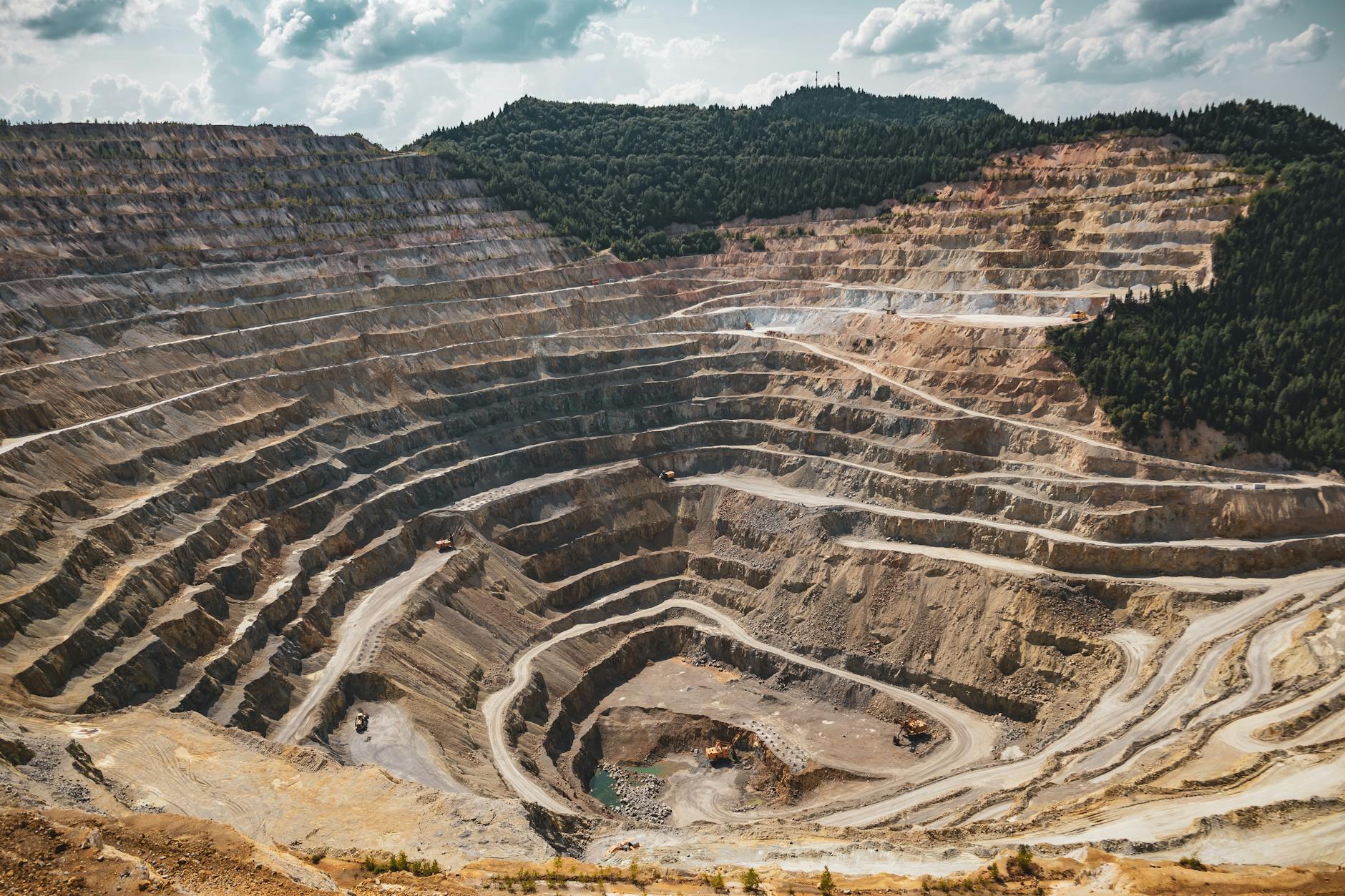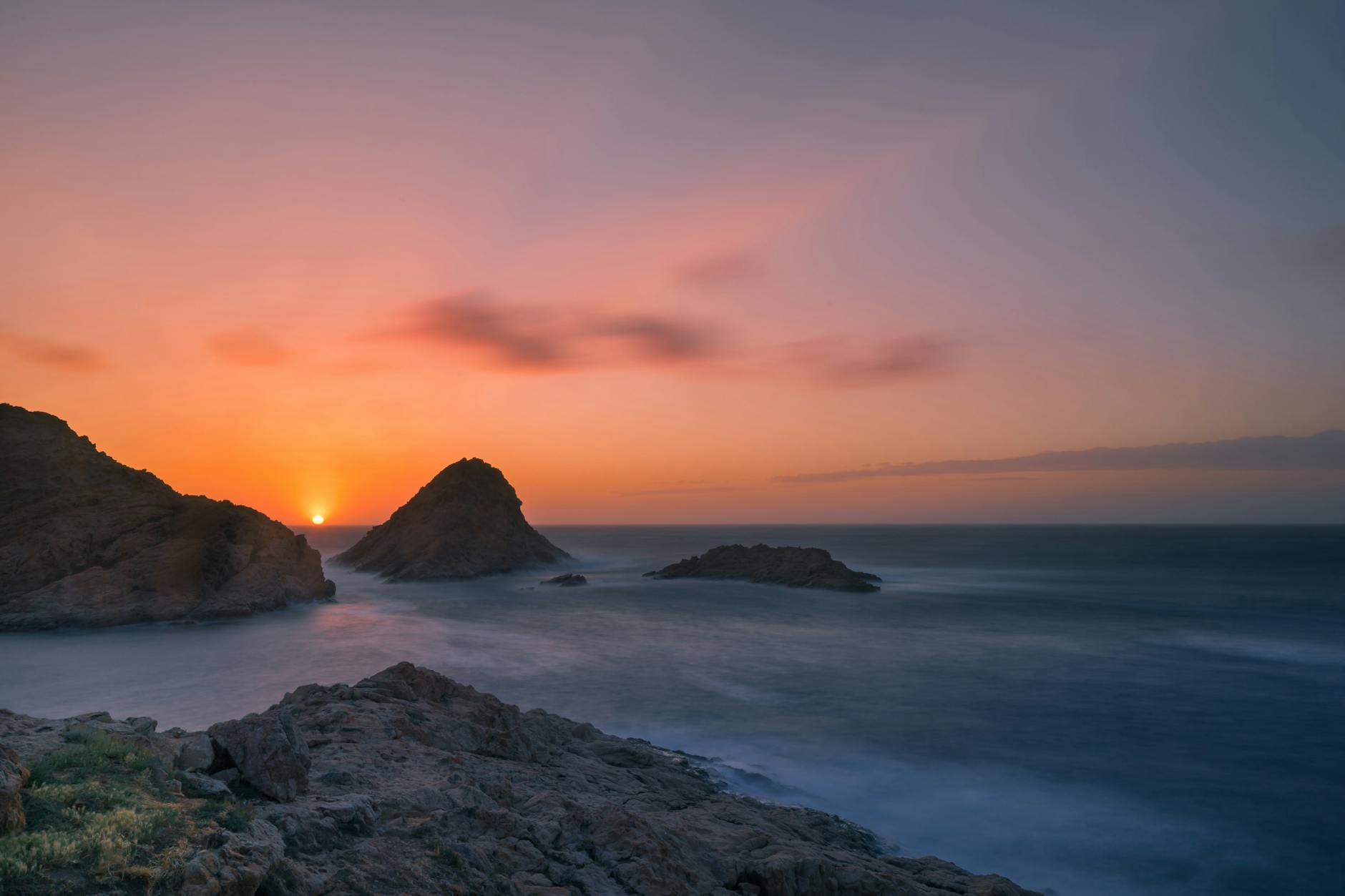How to Experience Eco-Friendly Adventures in Australia

Exploring Eco-Tours in Australia
As someone deeply committed to environmental conservation, I'm passionate about the role eco-tours can play in promoting sustainable tourism. When planning my adventures, like those thrilling Antarctica cruises, I often look for operators that are not only certified but actively engaged in reducing their carbon footprint. A shining example is the Federation Square in Melbourne, known for its initiatives aimed at minimizing environmental impact. By aligning with responsible tour operators, we can support practices that prioritise the planet's health.
Choosing environmentally-conscious tours is vital for reducing wildlife disturbance. Whether it's African tours around national parks or South American tours through the Amazon rainforest, respecting the natural habitats of these magnificent creatures is crucial. Operators should enforce strict guidelines to mitigate the impact of human intrusion and monitor the well-being of the ecosystems involved.
Furthermore, engaging in tours that incorporate genuine cultural exchanges enriches the travel experience and fosters mutual respect and understanding. It's essential to support local communities by participating in tours that honour authentic cultural practices. By doing so, we uplift both the environment and the people residing in these areas, contributing to their sustainability.
Every time I choose a tour, I am reminded of the importance of these thoughtful practices. Small steps like these can make a significant difference in preserving the pristine beauty of the landscapes and ecosystems we love.
Sustainable Travel Practices
Minimizing Travel Carbon Footprint
With the climate crisis escalating, reducing our travel carbon footprint has become crucial. As I pedal through the busy streets of Melbourne, I often think about ways we can all contribute to environmental preservation. For those keen on sustainable practices, start by choosing airlines that prioritize fuel efficiency and invest in carbon offset programs. Many eco-conscious travelers also opt for direct flights to limit the additional emissions caused by takeoffs and landings. If flying is unavoidable, consider compensating your emissions through reputable carbon offset schemes. Additionally, packing light can reduce the aircraft's total weight, leading to lower fuel consumption.
Selecting Green Accommodations
Selecting green accommodations is another vital step. Many hotels and lodges both in Australia and abroad are adopting eco-friendly operations. When exploring destinations like Zimbabwe on Zimbabwe tours or enjoying the richness of Tanzania safari, choose accommodations with strong commitments to sustainability. Look for certifications, like EarthCheck or LEED, which indicate a dedication to eco-friendly practices. These establishments often employ efficient waste management systems, utilize renewable energy sources, and engage in community-focused environmental programs.
Practicing Eco-Friendly Transportation
Once you arrive, embrace eco-friendly transportation options. In Melbourne, public transport networks like the iconic trams are more eco-efficient alternatives to private vehicles. When venturing on central america tours or similar adventures, opt for local buses, electric cars, or even bicycles to explore your surroundings. Not only do you contribute to lower carbon emissions, but you also gain a more intimate connection with local environments. Such practices align beautifully with the sustainability efforts proudly exhibited at the Federation Square in Melbourne. By making informed travel choices, we can ensure our adventures enhance, rather than detract from, these precious ecosystems.
Participating in Conservation Efforts
Volunteering Opportunities in Australia
As a passionate conservationist, I often find myself immersed in meaningful volunteer work right here in Australia. Participating in these activities provides a profound connection to the local environment and helps propel conservation efforts forward. For instance, initiatives at the Royal Botanic Gardens Melbourne offer splendid opportunities to engage in projects that bolster plant biodiversity. By joining these initiatives, you actively contribute to preserving our unique flora.
Supporting Local Environmental Projects
Supporting local environmental projects is another impactful way to contribute to conservation. Being involved in projects at Federation Square, for example, allows you to back sustainability-driven events and educational programs. By providing either financial support or volunteering, you become a vital part of initiatives aiming to maintain ecological balance, and you can witness firsthand how these projects evolve and impact the community positively.
Engaging in Citizen Science Initiatives
Citizen science initiatives are another fascinating way to contribute to conservation. Engaging with Melbourne Zoo's wildlife preservation efforts is both enlightening and fulfilling. Through these programs, participants collect data on local fauna, lending valuable support to scientific research. Involvement in such initiatives not only aids African safari projects through valuable data collection but also equips you with knowledge on biodiversity conservation strategies.
When considering participation in these efforts, your actions can make a significant impact on supporting sustainability. Additionally, as you explore initiatives like the Namibia tours, remember to prioritise eco-friendly practices that align with your conservation goals.
Exploring National Parks Responsibly
When planning africa tours that include visits to renowned national parks, it's crucial to approach these travels with a mindset that prioritizes conservation and sustainability. National parks often serve as sanctuaries for diverse wildlife and fragile ecosystems, so understanding how to engage with them responsibly is vital. For example, when embarking on a kenya safari, ensuring that the chosen tour operator follows eco-friendly practices can make a significant difference.
Sustainable tourism practices start with selecting accredited tour operators who adhere to principles such as limiting off-road driving to prevent soil erosion and minimizing disruptions to wildlife. Tourists can also contribute by supporting local conservation projects, such as those that adopt sustainable wildlife observation practices or are involved with species preservation efforts.
While in Melbourne, residents and visitors alike can be inspired by the ecological restoration initiatives at the Royal Botanic Gardens Melbourne—an example of how urban spaces can support biodiversity. Likewise, when visiting national parks, travelers should respect designated trails, follow leave-no-trace principles, and engage with programs that promote biodiversity conservation.
Moreover, participating in environmental education sessions or community-led initiatives within the parks can deepen one's understanding of local ecosystems and the challenges they face due to tourism and climate change. Such experiences not only enrich personal knowledge but also encourage practices that can help preserve these natural landscapes for future generations.
Dodging Pitfalls in Eco-Tourism
Adhering to Local Environmental Guidelines
In our quest to enjoy the natural beauty of Australia, we must adhere closely to local environmental guidelines. Many tourists tend to disregard these regulations, leading to unintended harm. At the spectacular Royal Botanic Gardens Melbourne, strict conservation measures protect diverse plant species, making it crucial to follow the guidelines laid down by authorities. Another example is the Federation Square, where environmental initiatives focus on reducing energy consumption and creating sustainable experiences. Ignoring these rules can disrupt ongoing efforts to preserve these spaces for future generations.
Acknowledging the Impact of Plastic Waste
Underestimating the impact of plastic waste is an all-too-common mistake that can significantly damage pristine environments. Plastic is an ever-present threat to our ecosystems, especially along Australia's stunning coastlines. As visitors, we should commit to using sustainable alternatives like reusable water bottles and avoiding single-use plastics. When visiting places like Melbourne Zoo, known for its dedication to wildlife preservation, be mindful of disposing waste responsibly. This small yet significant action makes a profound difference in protecting our wildlife and maintaining healthy ecosystems.
Respecting Wildlife Interaction Policies
Overlooking wildlife interaction policies can be detrimental to the delicate balance of ecosystems. Encounters with native wildlife in their natural habitat can be exhilarating, but they come with responsibilities. Many eco-tourist attractions, such as those near Melbourne Zoo, have specific guidelines to reduce stress on the animals. By maintaining a respectful distance and resisting the urge to feed or touch wildlife, we show respect for the animals' natural behaviors. Engaging in these mindful practices demonstrates our commitment to being responsible stewards of our environment.


